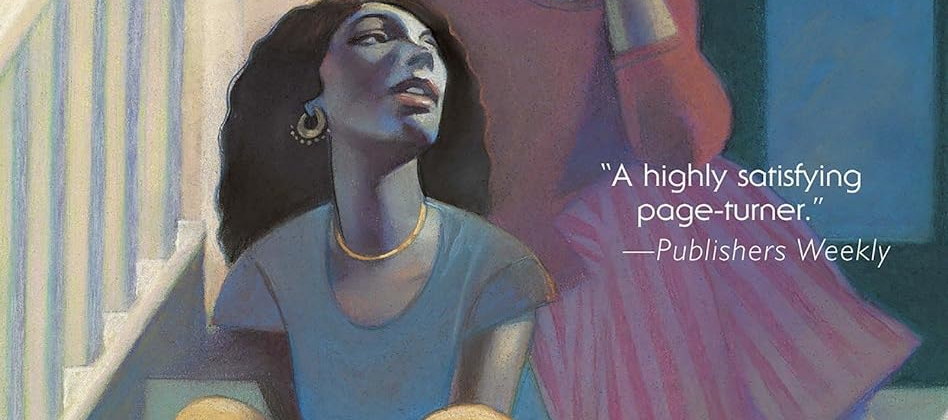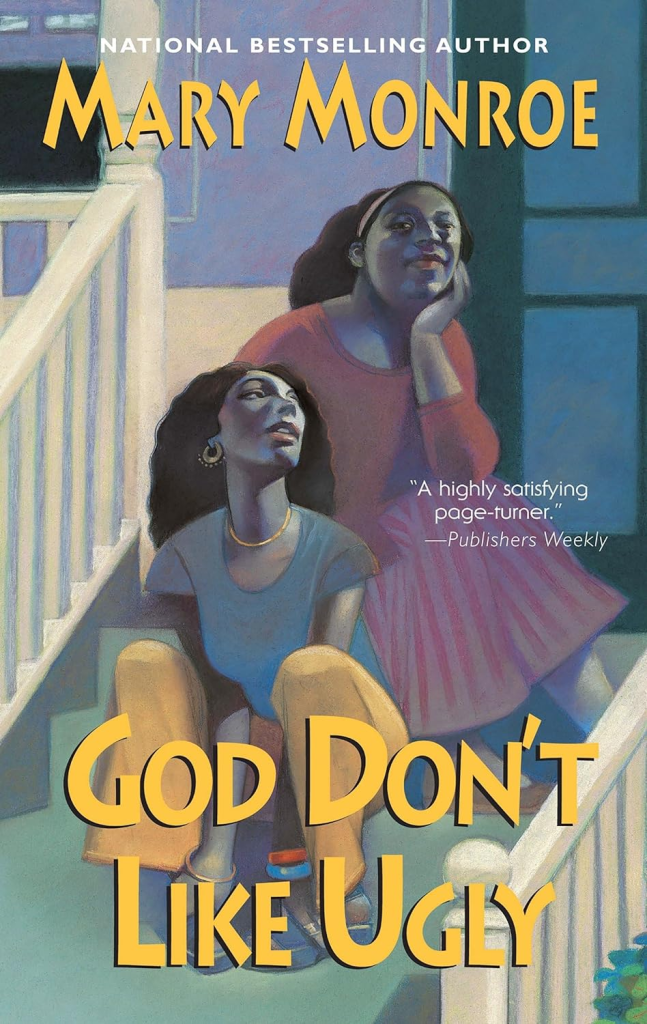

“God don’t like ugly,” is a funny saying. It’s a way of reminding someone to let go of something and not be petty. It’s also the title of a book by Mary Monroe. But if we go back to the Renaissance, we might have come across the opposite. If we look at some of the major Renaissance artists, we might believe that God loves ugly.
According to authors like Ross King, one thing many people noticed about Renaissance artists when they were alive was that they were not very beautiful. If you have seen a portrait of Michelangelo or an older da Vinci, you can concur. Brunelleschi had big ears. Even if they were not altogether ugly, many of the Renaissance artists cultivated a disheveled and unkempt appearance. Caravaggio was often shabbily dressed. Michelangelo bathed infrequently. Most were difficult and had ugly temperaments. Donatello “was not a popular person” and was unafraid to destroy his own work in a rage. A number were violent toward people. There are a variety of reasons for these things, but, in their time, their ugliness was sometimes linked to their gifts. God gave the ugly an exceptional ability to create beauty—Raphael being the chief exception.
Though the Renaissance artists certainly worked before the era of social media, they did not live in an era which did not value beauty. But what a relief it must have been to be judged more for what they created than how they looked. And it was certainly a legal relief for them to be judged based on their creations rather than their behavior. Their egos may have gotten out of hand, but the contrast to our context does present questions for us.
If we think about the emphasis on personal appearance for young people today, it is overwhelming. My college students complain about 12-year-old “Sephora kids” and eighth graders using retinol products. Admittedly, younger people should be wearing more sunscreen and some attention to appearance is appropriate—but how much time and money and effort is going into these routines? This does not just apply to girls. The expectations for the male physique have reached new and absurd levels. It can easily be observed in the transformations Hugh Jackman has undergone in playing Wolverine. Boys have noticed these expectations.
What are some of the societal and personal effects of basically believing that ugly is unlovable? Whose art are we being deprived of today because someone is spending their time perfecting their appearance rather than their craft? Who is missing out on an opportunity for self-expression because they are consumed with their personal appearance? Even if you don’t believe in the 10,000 hours thing (and you probably shouldn’t), time can only be spent in so many places.
What might it mean to believe that God loves ugly and to expect beautiful things from unbeautiful people? It’s often been said that Abraham Lincoln might not be elected today, in part because he was tall and gangly and not very handsome. Probably quite a few important historical figures would have a harder time being heard today. It’s also clear that we are sometimes easily taken in by appearances when it comes to public figures of all types. Beauty can be deceptive, but we just keep falling for it.
What might it mean to believe that beautiful things often come from ugly places? How often are we only expecting a new, good thing from somewhere that is seemingly perfect and pristine? How often are we only prepared for innovation from places that are already successful? Have we forgotten that manure can be fertilizer? We don’t find truffles in fields of flowers, we find them in the soil if we find them at all. We don’t find creative solutions in unproblematic environments. We don’t find dynamic leaders in organizations that can succeed on autopilot. Maybe ugly places are sometimes the places where the most beautiful things can bloom.
Beauty needs no defenders. We are all its natural devotees. We sometimes even believe it to be truth. But it is worth considering what we might gain if we believed it is also true that God loves ugly.
Thank you, Elizabeth, for sharing these important questions. I have a small suburban plot of land where we have added fruit trees and berries and flowers of many types. In the middle is our house and porch , on which I often lookout upon our little representation of Eden. I have often thought, if there had not been the “Fall”, what would Adam and Eve have done for their many years of life. If the Garden were perfectly beautiful as it came from the hand and mind of God, what needed tending?
What I do know is that in the few moments of extra time as Adam and Eve toiled outside the Garden, they, and their descendants, added bits of beauty here and there as they could to turn the plainness of their lives into something more meaningful and precious. Are we more fulfilled and working in the image of God toiling in an unforgiving landscape or in tending an already beautiful place like Eden?
I will be thinking about this question you prompted me to think about as I tend the small garden around me.
Thanks,
Pete
Now,